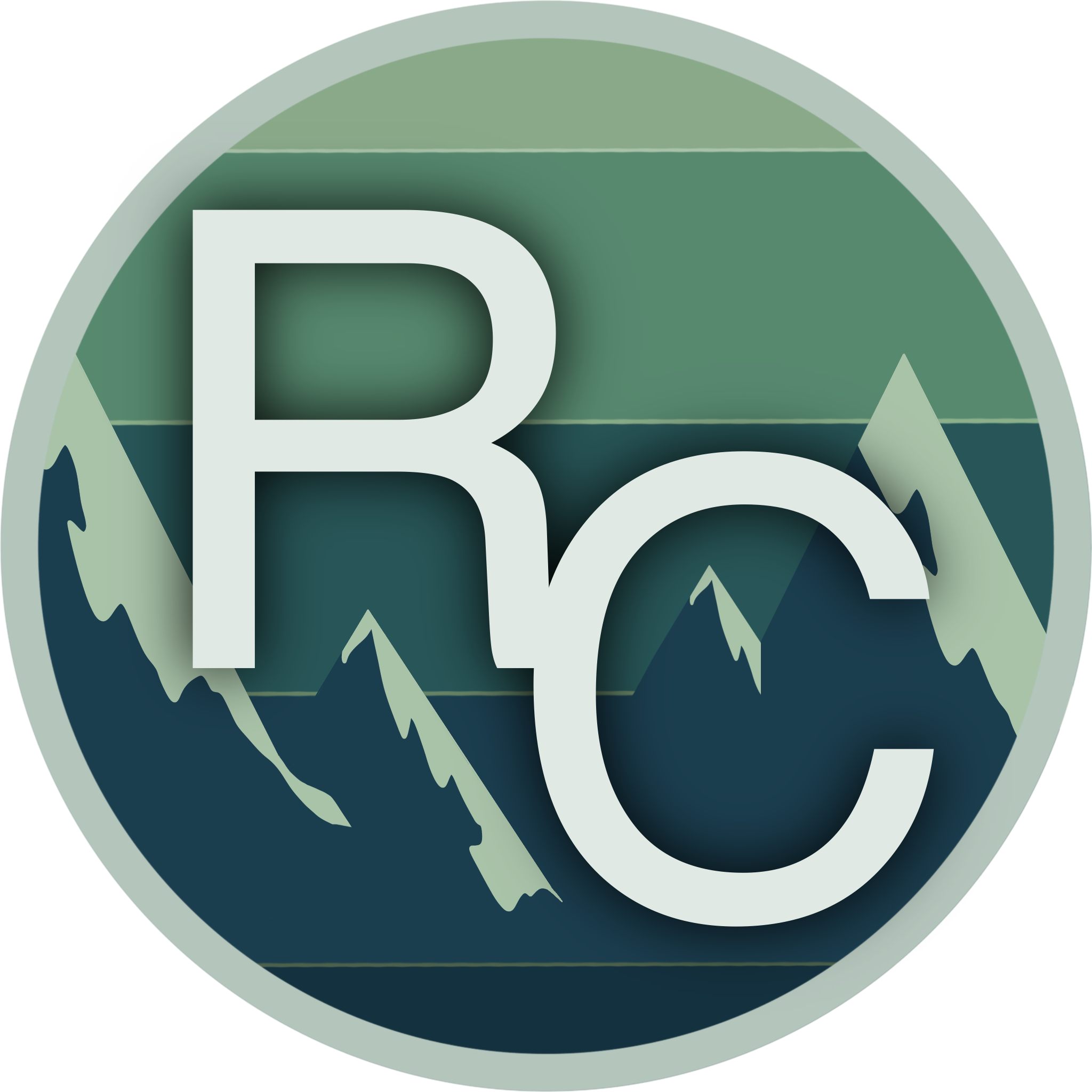Imagine our economy without advertisements. What would it look like? Facebook would not exist, Google would be a fragment of its current self, and for that matter, most tech companies propped up by VC money would be gone. Sports would only be seen in stadiums and played by athletes making minimal salaries. Media reliant on CPM would be no more. And that’s just the start.
We accept advertising as a way to subsidize the products we enjoy.
We sanction almost all aspects of our life to the effect of the attention economy. “Attention is a resource; a person has only so much of it. And yet we’ve auctioned off more and more of our public space to private commercial interests, with their constant demands on us to look at the products on display or simply absorb some bit of corporate messaging”.
How vastly different would the world be if we had to pay for things with our money rather than our attentions? We would be mindful of what we consume and wouldn’t by junk that looks nice online. Products may be more expensive, but imagine how improved they would be. The best products would survive by our recommendations to others. Real, in person recommendations. Not purchased reviews.
With our minds free from the barrage of stimulation, we could explore and share stories of our experiences. Maybe go see the world instead of getting the latest gadget. New ideas would spread by word of mouth and mindfulness would flourish as we place focus on our thoughts and emotions. We would become a more empathic people.
Businesses making products to better human kind would survive. Space exploration, solar, and entertainment would return to its roots with movie theaters, bookstores, live music, and Broadway shows. Writers will ensure the most important relationship is with the reader, not the advertiser.
And basic necessities like food and clothes would still be required, but stripped of their grandeur (stoicism) to their essential qualities: nutrition and function (with a bit of expression). Life would be more real and less inflated.
So how do we get there and how can it stick? Products should focus on real innovation and organic growth. We should not make something to get people addicted and hooked, but build a product to get people excited. Excited about life, growth, and being human.













!["Do not pretend, if you live in LA or in New York, that just because you live in a diverse city that you are now protected. In fact, you may be worse off because you see things every day. Your brain has to notice [biases]." "Do not pretend, if you live in LA or in New York, that just because you live in a diverse city that you are now protected. In fact, you may be worse off because you see things every day. Your brain has to notice [biases]."](https://static.pexels.com/photos/48734/pexels-photo-48734.jpeg)